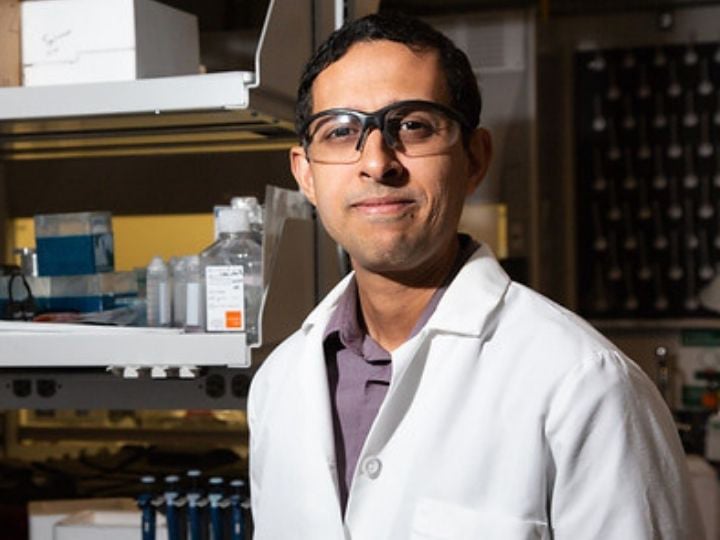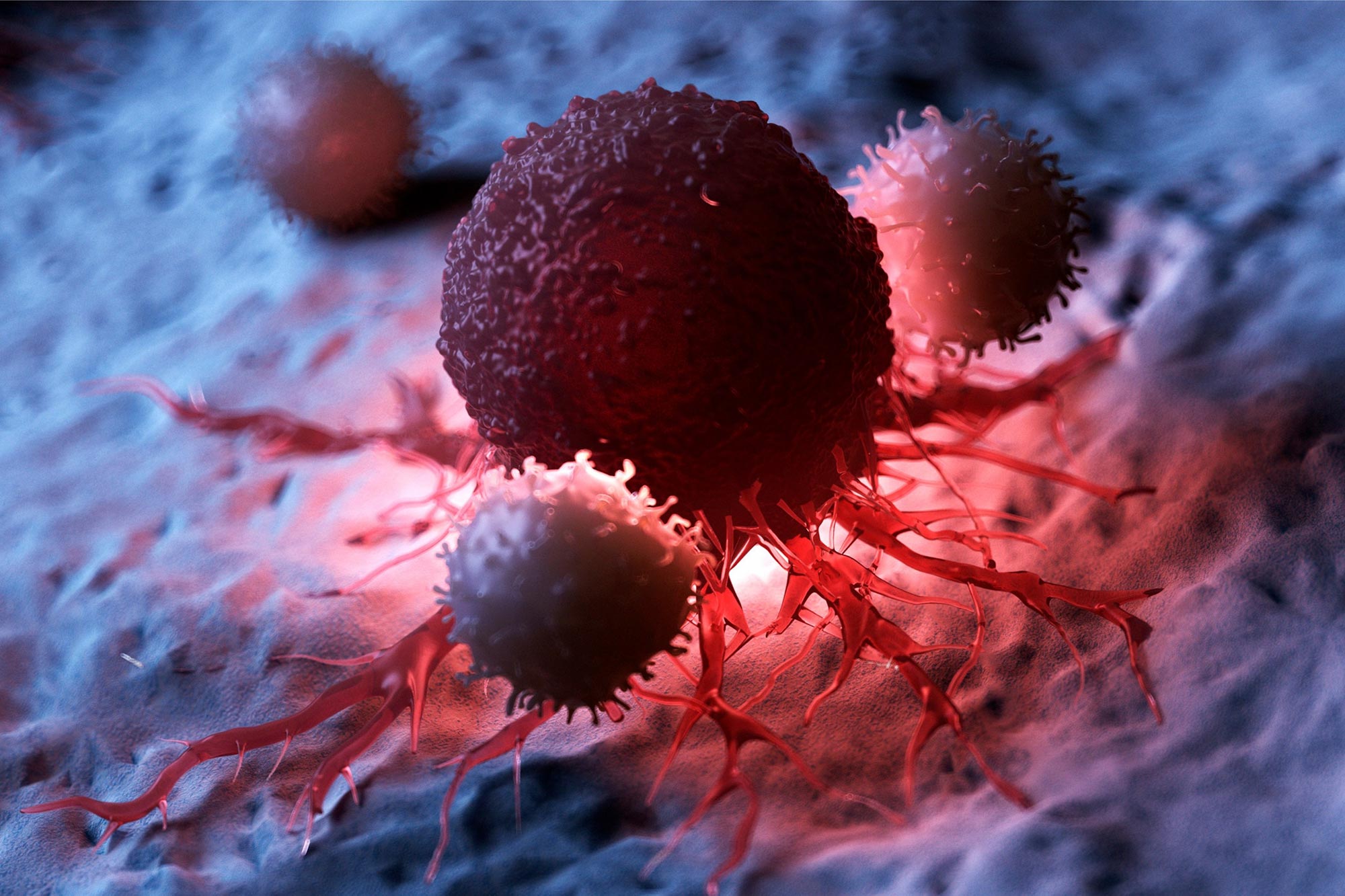Researchers at the University of Houston, led by Navin Varadarajan, have discovered a new subset of T cells, called CD8-fit, that are associated with improved outcomes in T cell therapies for cancer. Using a combination of the TIMING method and single-cell RNA sequencing, the team identified a molecular signature in these T cells that correlates with positive long-term clinical outcomes. The findings, which also involve collaborations with prestigious institutions and contributions from leading graduate and postdoctoral researchers, could revolutionize personalized T cell therapies for various cancers.
Researchers from the University of Houston identified CD8-fit T cells with high motility and serial killing capabilities, potentially improving T cell cancer therapies. The study used the TIMING approach RNA sequencing, revealing molecular signatures that predict positive patient outcomes.
A group of cancer researchers from the University of Houston has identified a new type of T cells that could improve outcomes for patients undergoing T cell therapies.
T cell-based immunotherapy has enormous potential in combating and often eradicating cancer. This approach activates and develops a patient’s immune system, specifically the T cells, to identify, attack and destroy cancer cells. As a result, the body’s own T cells function as living medicines.
Although T cell immunotherapy has revolutionized cancer treatment, there is still much to learn. Unfortunately, not all patients respond to these therapies, so a better understanding of the properties of engineered T cells is necessary to improve clinical response.
One such study, supported by a grant from the National Institutes of Healthwas reported Nature Cancer on May 15 from the laboratory of Navin Varadarajan, MD Anderson Professor in the William A. Brookshire Department of Chemical and Biomolecular Engineering. The study uses the patented TIMING (Timelapse Imaging Microscopy in Nanowell Grids) approach, which applies visual AI to evaluate the behavior, movement and ability of cells to kill.

Navin Varadarajan, MD Anderson Professor of Chemical and Biomolecular Engineering at the University of Houston, has published the discovery of new cancer-killing T cells in Nature Cancer. Credit: University of Houston
Discovery of CD8-Fit T cells
“Our results showed that a subset of T cells, labeled as CD8-fit T cells, are capable of high motility and serial killing, which is unique in patients with a clinical response,” reports first author and recent graduate of the UH Ali Rezvan Nature Cancer. Joining the UH team are Sattva Neelapu and Harjeet Singh, University of Texas MD Anderson Cancer Center, Houston; Mike Mattie, Kite Pharma; Nabil Ahmed, Texas Children’s Hospital, Baylor College of Medicine, Houston; and Mohsen Fathi, CellChorus.
To discover the CD8-fit cells, the team used TIMING to track the interactions between individual T cells and tumor cells in thousands of cells and integrate the results with single-cell RNA sequencing data.
“Chimeric antigen receptor (CAR) T cells used to treat B cell malignancies can identify T cell subsets with superior clinical activity. Using infusion products from patients with large B-cell lymphoma, we integrated functional profiling using TIMING with subcellular profiling and scRNA-seq to identify a signature of multifunctional CD8 T cells (CD8-fit),” said Rezvan. “We profiled these cells using single-cell RNA sequencing to identify the CD8-fit molecular signature that can be used to predict durable patient outcomes for T-cell therapies and validate our findings with independent datasets.”
The team also found that the CD8-fit signature is present in pre-manufactured T cells, persists longitudinally in patients post-infusion, and, importantly, is associated with positive long-term clinical responses. According to the researchers, it is likely that these T cells could provide clinical benefit in other tumors.
“This work illustrates the excellence of graduate students Ali Rezvan and Melisa Montalvo; and postdoctoral researchers Melisa Martinez-Paniagua and Irfan Bandey, among others,” said Varadarajan.
CellChorus, a spinoff of Varadarajan’s Single Cell Lab at UH, is developing the AI-powered TIMING platform. The company recently announced a $2.5 million Small Business Innovation Research grant from the National Center for Advancing Translational Sciences of the National Institutes of Health to advance TIMING for cell therapy applications.
Reference: “Identification of a Clinically Effective CAR T Cell Subset in Diffuse Large B-Cell Lymphoma by Dynamic Multidimensional Single-Cell Profiling” by Ali Rezvan, Gabrielle Romain, Mohsen Fathi, Darren Heeke, Melisa Martinez-Paniagua, Xingyue An, Irfan N. Bandey, Melisa J. Montalvo, Jay RT Adolacion, Arash Saeedi, Fatemeh Sadeghi, Kristen Fousek, Nahum Puebla-Osorio, Laurence JN Cooper, Chantale Bernatchez, Harjeet Singh, Nabil Ahmed, Mike Mattie, Adrian Bot, Sattva Neelapu and Navin Varadarajan, May 15 2024, Nature Cancer.
DOI: 10.1038/s43018-024-00768-3
